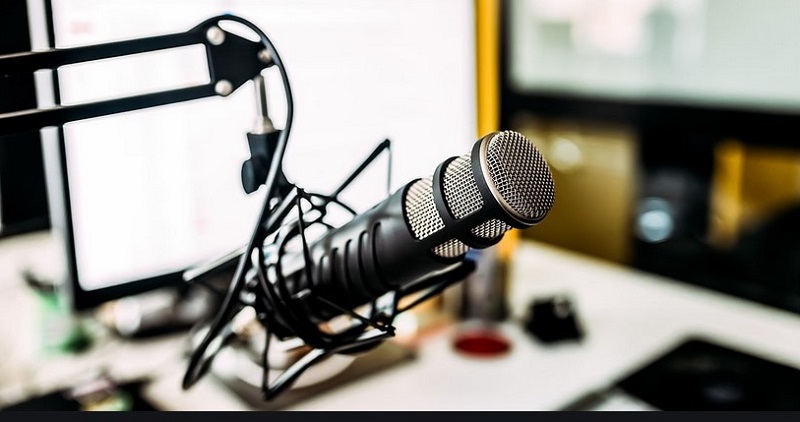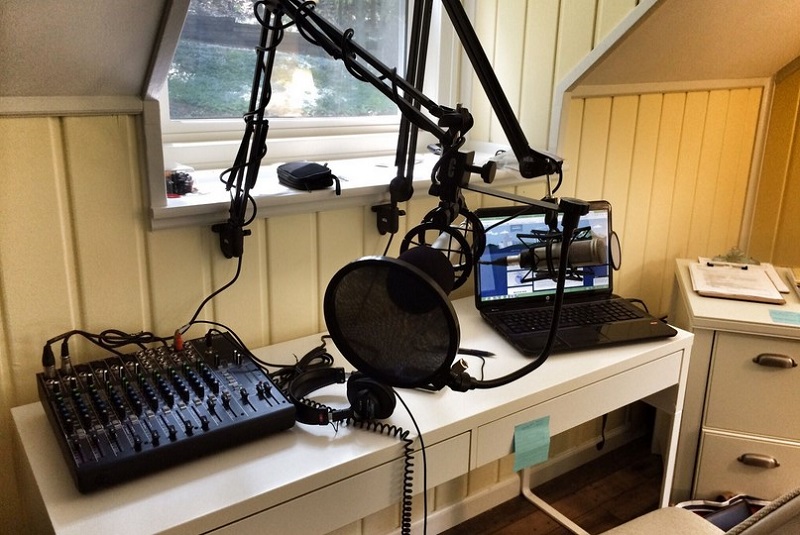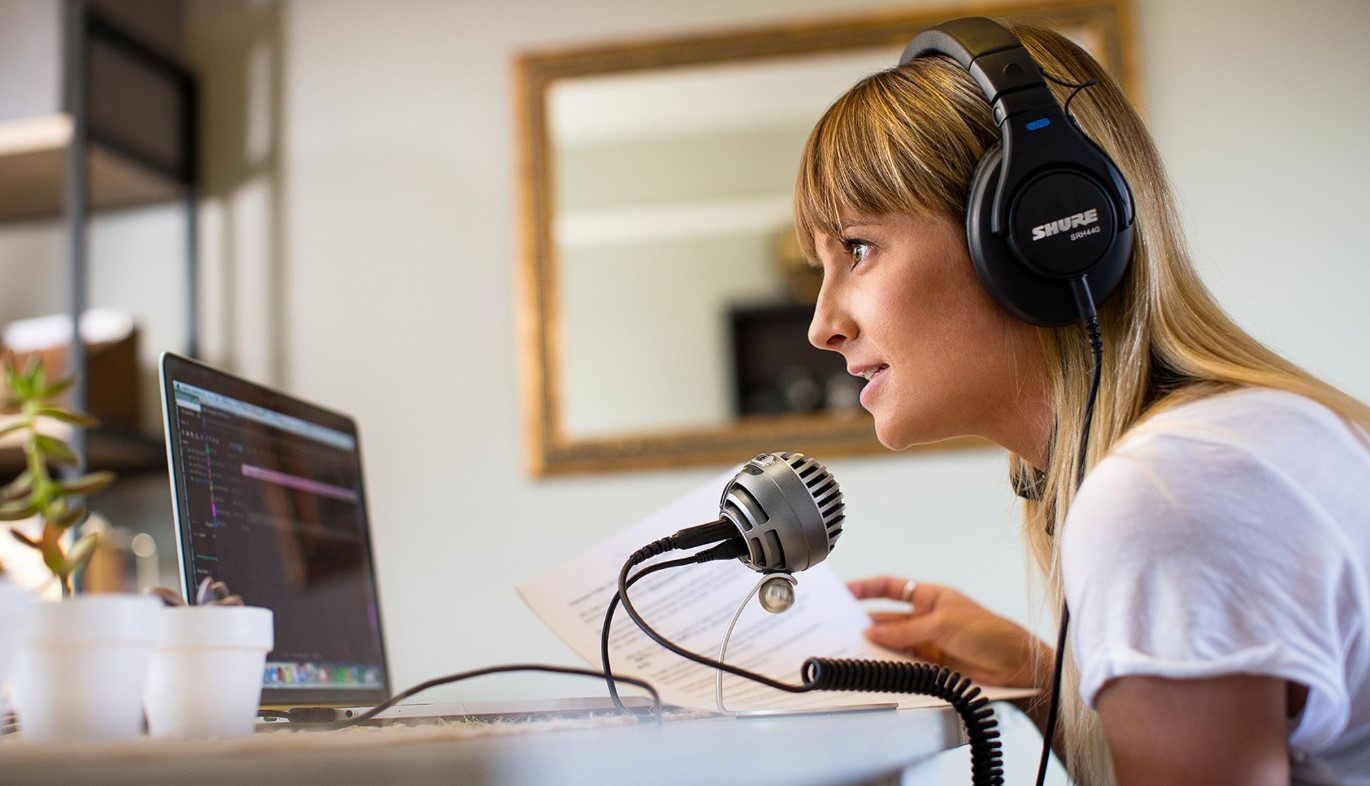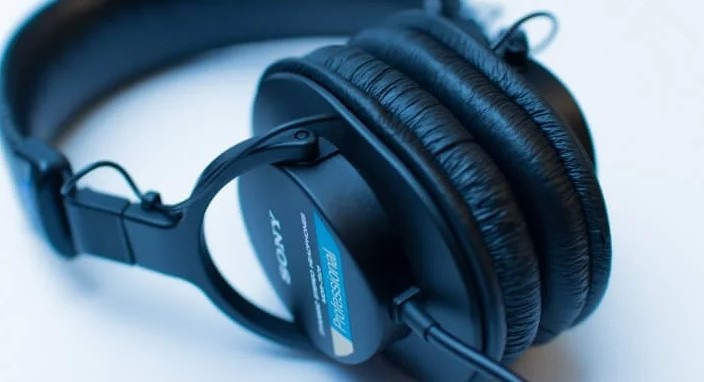How many mics do you need for a podcast?

Here are some tips and tricks to help you select the right podcasting gear for your new podcast:
Invest in an acceptable microphone
The most critical piece of podcasting equipment you can own is a mics need for a podcast — it acts as the primary connection between you and your audience. For general, you get what you’re paying for with microphones, but that doesn’t mean you need to spend a lot on your podcast microphone.

Microphones specifically designed for podcasters typically have a USB interface which allows users to plug the microphone directly into their computer. When you plan to record your podcast in a studio environment where two or more people can talk, use an omnidirectional mic for capturing all voices.
Whether you plan to use a handheld device such as an MP3 player or a laptop computer to record your podcasts, look for a microphone that has a 3.5 mm plug that can be plugged into a mini headphone socket.
Look for best podcast microphones that can be clipped onto the speaker ‘s shirt, above their ears, to reduce background noise when recording a podcast.
VoIP or Phone Recorder service?
Unless your podcast follows a conventional talk-show format with guest phone calls, you’ll need to either use a VoIP (Voice Over Internet Protocol) service such as Skype or invest in a phone recorder.

If you are lucky enough to have reliable high-speed Internet service, you will be able to easily record the conversation on your computer by conducting your podcast interviews using VoIP.
Podcasters with slow Internet connections should use a landline or cell phone for interviews and record digital telephone recorder conversations.
Smartphones
A decent set of headphones is an essential piece of podcasting equipment which enables you to save time while improving the overall recording quality.
New podcasters appear to turn their heads regularly while recording, resulting in tell-tale audio volume changes that have become the hallmark of novice podcasters.

During your podcast recording sessions, using headphones can help reduce the differences in your audio quality and boost your reputation as a professional podcaster.
As you get more interested in podcasting, there’s a fair chance you’ll want to invest in additional podcasting equipment such as a wireless mixer, an improved sound card, and specialized software.

 Project New West is an award winning team of producers creating music in a state of the art recording studio located in downtown Dallas.
Project New West is an award winning team of producers creating music in a state of the art recording studio located in downtown Dallas.